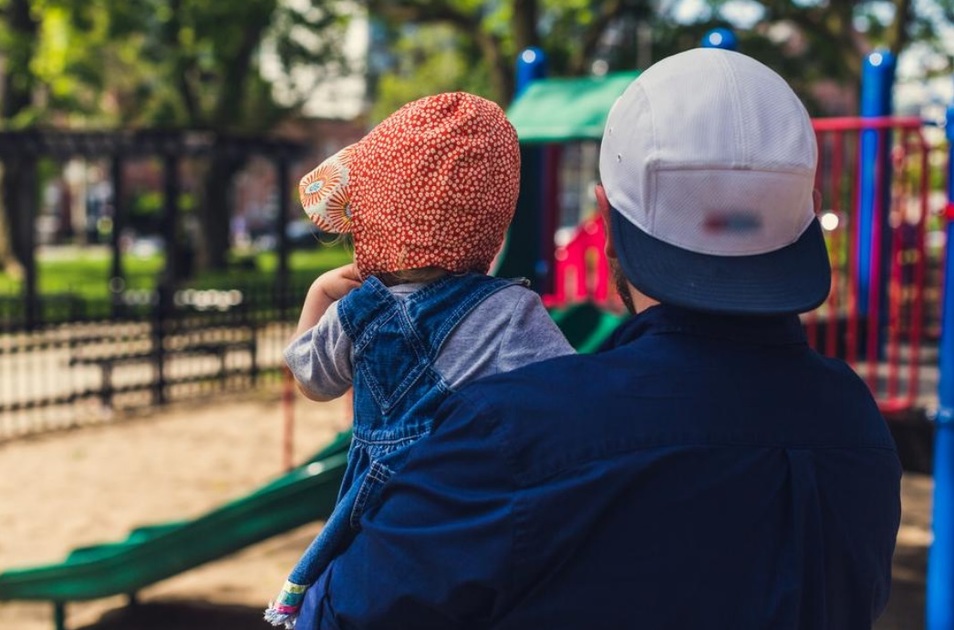
By Lisa Twerski, LCSW
When we are children, our parents can imbue us with a healthy sense of self. They love us and we feel loved, they show confidence in us and we feel self-confident, they esteem us and we feel self-esteem. They may do this by expressing these things directly. They may do this by giving us the opportunity to try and succeed or fail, showing us that we have them by our side no matter what. There are many ways parents can seek to imbue us with this healthy sense of self-worth, value, and love. At that point in our development as children, we gain these things from the outside in, from our parents giving them to us, instilling them in us.
Of course, there are many ways in which gaps, ruptures, or damage can occur instead. There are, unfortunately, many children who grow up without the benefit of healthy parenting or a healthy environment. Worse, some children are neglected or abused. This often leaves children deprived of a sense of wholeness. There’s often a sense that something is missing, something that’s needed, something that one is deprived of. What often happens is that, though they are an adult, a person who finds themselves with a space inside that feels empty, hurt or damaged, continues to try and fill that space from the outside in. I say “continues to try to fill” in the sense that this is a continuation from how growth, albeit perhaps incomplete, fragmented, or insufficient, could and did happen in childhood.
It makes sense that the way that the process was started is the way that we try and see it continued, by seeking to have our needs filled by other people or other things outside of ourselves. The problem is that while this can and does work when it occurs during childhood, the appropriate developmental stage, provided that it is accompanied by healthy parenting and a healthy environment, it no longer works once we have become adults. Once we’ve passed this developmental time period, we have only one choice and that is to seek change from within. This is not to say that it is an easy thing to do. It is not natural; we are used to having needs met by others as children, even if incompletely. Therefore the transition to adulthood, in the sense of working to meet our own needs rather than looking to others to meet them, can be quite difficult. This is especially true in the context of neglectful, absent, or abusive parenting where the parents didn’t look to attend to the growth and healthy maturation of the child, including the transition from parental care to self-care.
For many, when they find themselves feeling empty or needy, they immediately look to someone or something to fill that space. Unfortunately, when the focus as adults stays locked on getting these needs or hurts filled from the outside in, it becomes a never-ending, unsatisfying process. Never-ending because, although someone can find themselves feeling “filled up” this way, it is only a temporary fix that does not last. This leaves the person to seeking to be filled up emotionally all over again, looking to others in their life, to fill the hole or emptiness they are experiencing. This process will continue to repeat itself over and over again, when we as adults look to heal that emptiness from outside of ourselves. The successful path to growth, health, or healing is to focus on changing from within rather than expecting change to happen at the hands of others. Others may be a guide or support for change, but the work is ours and our focus has to be within ourselves.
 Previous
Previous

